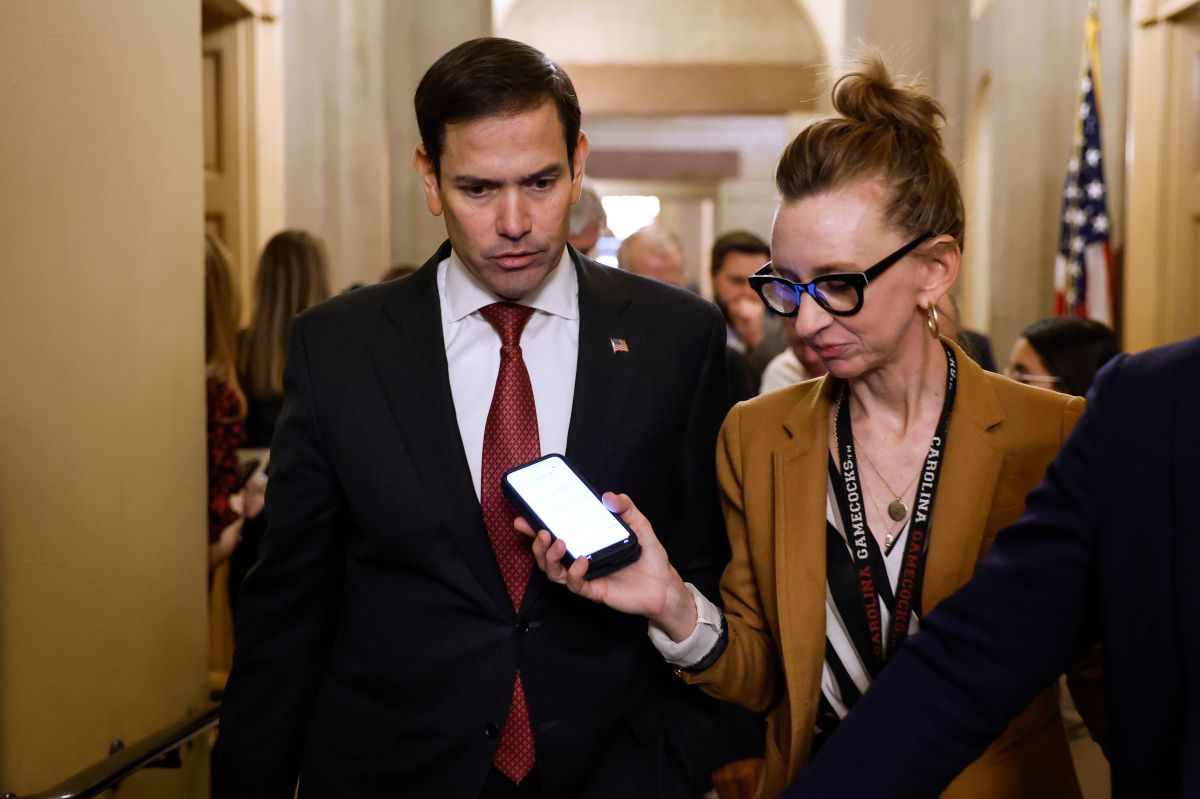Although the main leaders in the United States Senate hope to achieve the necessary bipartisan support to approve in that body the laws that would stop the railway strike that would have disastrous effects on the economy, at this time there is no certainty that they will be counted with the necessary votes.
Yesterday, the House of Representatives approved two measures, one to codify the tentative contract agreement, and a second to add seven paid sick days. After the approval of that body, the legislation passed to the evaluation of the Senate.
Both the leader of the Democratic majority Chuck Schumer, and the leader of the minority, the Republican Mitch McConnell, indicated that the agency will act on the bills this week.
“Both Leader McConnell and I want to pass it quickly,” Schumer warned reporters on Capitol Hill after a meeting with President Joe Biden and other congressional leaders on Tuesday. “We understand the deadlines and we will work together to find the best way to do it quickly,” added the spokesperson.
The unions that bring together workers in the sector could paralyze their work at a general level on December 9 , that is, next Friday. The situation would translate into a shortage of supplies, an increase in prices and a pause in production in factories, which would have a serious effect at a general level in economic terms. The agreement being examined by congressmen in Washington DC seeks to avoid a stoppage of work that would cost the US $2,10 million dollars a day, according to estimates they cite Media such as Politico.
The measures would impose a labor contract that tens of thousands of unionized employees oppose. This is due, in part, to the lack of provisions for sick leave.
Senate Democrats need 10 votes plus of all the members of his Party to give way to the agreement.
Until Wednesday night, Republicans Marco Rubio (Florida) and Ted Cruz (Texas) were opposed to the contract and undecided on the plan to add more sick days. Rubio filed an amendment to ask for more time for negotiations.
“Everything depends on what the workers support and what they are requesting, and if it meets that criteria,” said the Republican as quoted by the aforementioned media. “The ideal outcome here is for them to renegotiate this in a way that workers can vote on,” the senator added.
For his part, Senator Bernie Sanders indicated that the bill falls short in terms of the benefits requested by the workers, so he will endure it until the Senate votes on an amendment to ensure workers have paid sick leave.
Business groups anticipate product shortages and price increases in the US due to the threat of a general strike in the railway industry due to a blockade with unions
10
